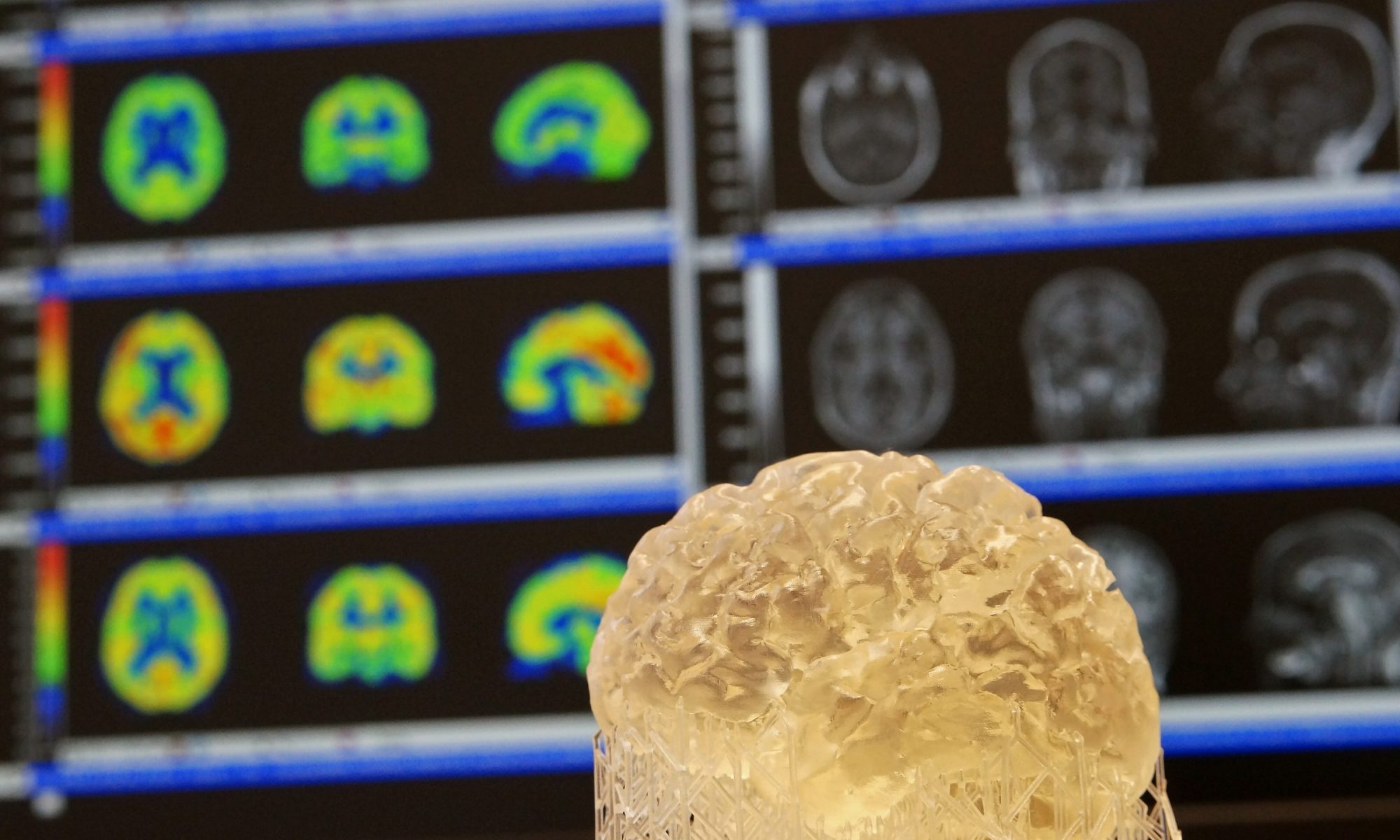2024
Dzialas, Verena; Doering, Elena; Eich, Helena; Strafella, Antonio P.; Vaillancourt, David E.; Simonyan, Kristina; van Eimeren, Thilo
Houston, We Have AI Problem! Quality Issues with Neuroimaging‐Based Artificial Intelligence in Parkinson's Disease: A Systematic Review Journal Article
In: Movement Disorders, vol. 39, no. 12, pp. 2130–2143, 2024, ISSN: 1531-8257.
Abstract | Links | BibTeX | Tags: Artificial Intelligence, DaT imaging, Guidelines, Parkinson, Structural MRI
@article{Dzialas2024,
title = {Houston, We Have AI Problem! Quality Issues with Neuroimaging‐Based Artificial Intelligence in Parkinson's Disease: A Systematic Review},
author = {Verena Dzialas and Elena Doering and Helena Eich and Antonio P. Strafella and David E. Vaillancourt and Kristina Simonyan and Thilo van Eimeren},
doi = {10.1002/mds.30002},
issn = {1531-8257},
year = {2024},
date = {2024-12-00},
urldate = {2024-12-00},
journal = {Movement Disorders},
volume = {39},
number = {12},
pages = {2130--2143},
publisher = {Wiley},
abstract = {In recent years, many neuroimaging studies have applied artificial intelligence (AI) to facilitate existing challenges in Parkinson's disease (PD) diagnosis, prognosis, and intervention. The aim of this systematic review was to provide an overview of neuroimaging‐based AI studies and to assess their methodological quality. A PubMed search yielded 810 studies, of which 244 that investigated the utility of neuroimaging‐based AI for PD diagnosis, prognosis, or intervention were included. We systematically categorized studies by outcomes and rated them with respect to five minimal quality criteria (MQC) pertaining to data splitting, data leakage, model complexity, performance reporting, and indication of biological plausibility. We found that the majority of studies aimed to distinguish PD patients from healthy controls (54%) or atypical parkinsonian syndromes (25%), whereas prognostic or interventional studies were sparse. Only 20% of evaluated studies passed all five MQC, with data leakage, non‐minimal model complexity, and reporting of biological plausibility as the primary factors for quality loss. Data leakage was associated with a significant inflation of accuracies. Very few studies employed external test sets (8%), where accuracy was significantly lower, and 19% of studies did not account for data imbalance. Adherence to MQC was low across all observed years and journal impact factors. This review outlines that AI has been applied to a wide variety of research questions pertaining to PD; however, the number of studies failing to pass the MQC is alarming. Therefore, we provide recommendations to enhance the interpretability, generalizability, and clinical utility of future AI applications using neuroimaging in PD. },
keywords = {Artificial Intelligence, DaT imaging, Guidelines, Parkinson, Structural MRI},
pubstate = {published},
tppubtype = {article}
}
Doering, Elena; Antonopoulos, Georgios; Hoenig, Merle; van Eimeren, Thilo; Daamen, Marcel; Boecker, Henning; Jessen, Frank; Düzel, Emrah; Eickhoff, Simon; Patil, Kaustubh; Drzezga, Alexander
MRI or18F-FDG PET for Brain Age Gap Estimation: Links to Cognition, Pathology, and Alzheimer Disease Progression Journal Article
In: J Nucl Med, vol. 65, no. 1, pp. 147–155, 2024, ISSN: 2159-662X.
Links | BibTeX | Tags: Artificial Intelligence, Brain age, FDG PET, Structural MRI
@article{Doering2023,
title = {MRI or^{18}F-FDG PET for Brain Age Gap Estimation: Links to Cognition, Pathology, and Alzheimer Disease Progression},
author = {Elena Doering and Georgios Antonopoulos and Merle Hoenig and Thilo van Eimeren and Marcel Daamen and Henning Boecker and Frank Jessen and Emrah Düzel and Simon Eickhoff and Kaustubh Patil and Alexander Drzezga},
doi = {10.2967/jnumed.123.265931},
issn = {2159-662X},
year = {2024},
date = {2024-01-00},
urldate = {2024-01-00},
journal = {J Nucl Med},
volume = {65},
number = {1},
pages = {147--155},
publisher = {Society of Nuclear Medicine},
keywords = {Artificial Intelligence, Brain age, FDG PET, Structural MRI},
pubstate = {published},
tppubtype = {article}
}
